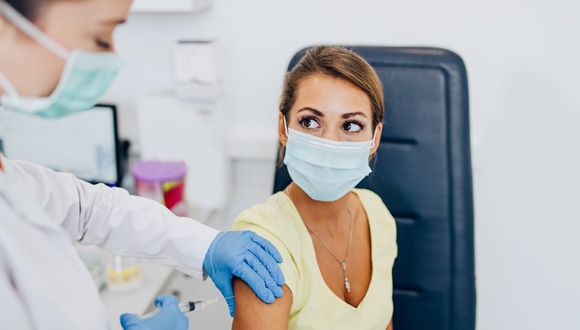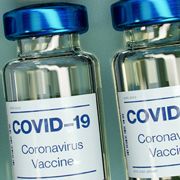COVID-19 Immunity Varies Among Genders and Age Groups
TAU researchers contribute a new piece to the puzzle on the effectiveness of COVID-19 vaccination
As experts continue to learn more about immune responses to COVID-19 and the effectiveness of vaccines, researchers from Tel Aviv University have contributed a new piece to the puzzle. A joint study conducted by researchers from TAU and the Shamir Medical Center (Assaf Harofe) indicates that the level of antibodies changes according to age groups, gender, symptoms, and time elapsed since vaccination. The findings are the latest from the researchers in a series of studies aimed at providing reliable measures on the effectiveness of COVID-19 vaccination.
The new study examined the level of antibodies in over 26,000 blood samples taken from COVID-19 convalescents, as well as vaccinated and unvaccinated individuals.
In vaccinated individuals, the researchers found differences between women and men in the concentration of antibodies in the blood relative to both age and gender. In women, the level of antibodies begins to rise from the age of 51, and is higher than the levels found in men of similar age. This phenomenon may be related change in levels of the estrogen hormone, observed around this age, which affects the immune system. In men, a rise in antibody levels is seen at an earlier age, starting around 35, and may be related to changes in levels of testosterone and the effect on the immune system.
In young adults, a high concentration of antibodies generally signals a strong healthy functioning immune response, while in older demographics it typically indicates overreaction of the immune system associated with severe illness. In general, young adults were found to have a higher level of antibodies sustained for a longer period of time compared to older vaccinated persons. The findings further validate existing evidence that, depending on age, higher antibody count isn't necessarily equivalent to higher rates of recovery.
Furthermore, the study found that the immune response of vaccinated individuals (after two doses) is much stronger than that of people who have recovered from COVID-19. The findings show that vaccinated individuals have four times the level of antibodies compared to convalescents.
The study was conducted by Tel Aviv University’s Prof. Noam Shomron, Head of the Computational Genomics Laboratory at the Sackler Faculty of Medicine and a member of the Edmond J. Safra Center for Bioinformatics and Dr. Adina Bar Chaim from the Shamir Medical Center. The data were collected by Dr. Ramzia Abu Hamad from the Shamir Medical Center, and analysis was conducted by Guy Shapira, a PhD student at Prof. Shomron’s laboratory. The study was published in Medrxiv.






